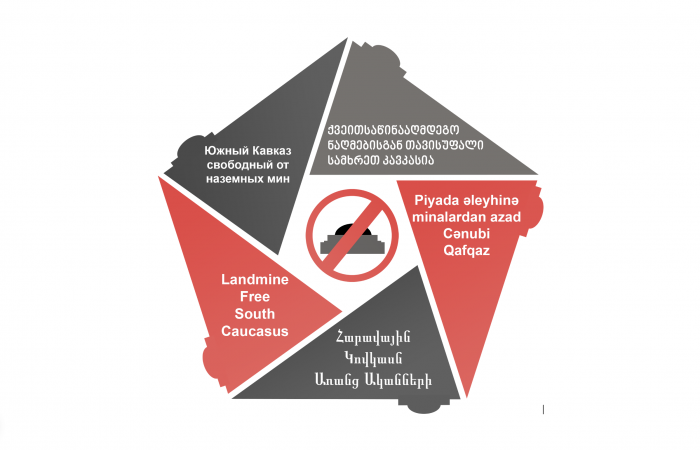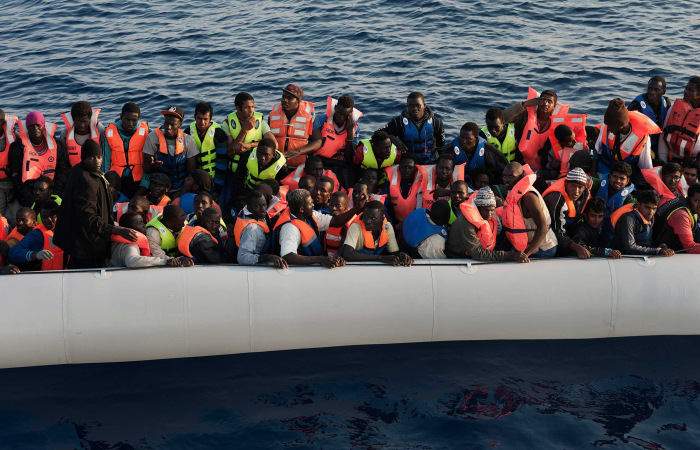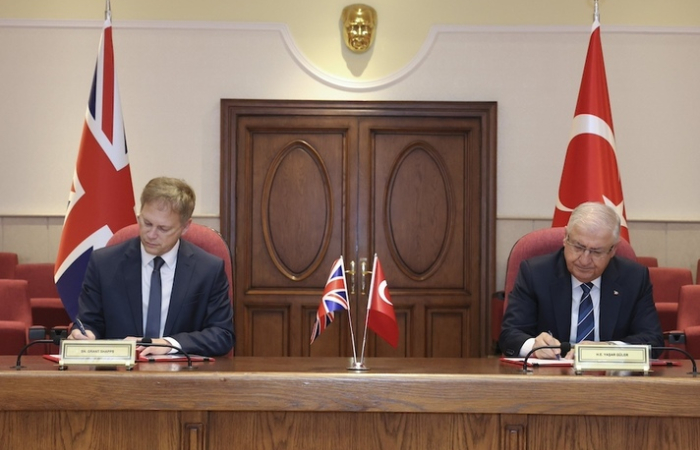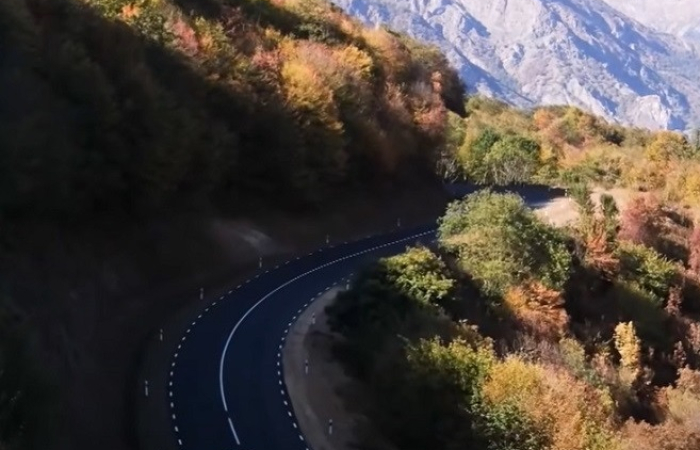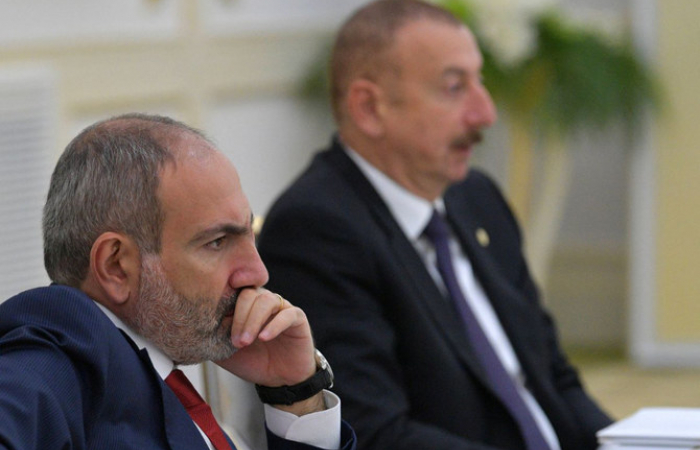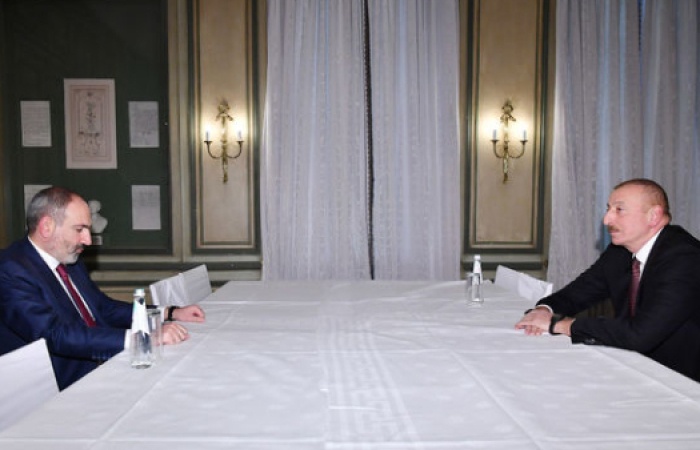Trending
30 November - Day of Solidarity with the victims of landmines and other unexploded remnants of war in the South Caucasus
30 November 2023
The South Caucasus remains one of the areas most infected with contamination by landmines and other unexploded remnants of war in the world. Last year, the Regional Campaign “Landmine Free South Caucasus”, declared 30th November as a Day of Solidarity with the victims of landmines and other unexploded remnants of war in the South Caucasus. The day is not just a memorial, but a call to humanitarian action. Thousands of people have been killed or injured across the region over the last three decades. The impact of the tragedies on families and communities is high, and the mechanism to alleviate the suffering, very weak. This is not yesterday’s problem. Last year once again saw hundreds killed or injured. The impact on communities is huge and affects tens of thousands of innocent people. In 2022/2023 the campaign focused its work to awareness of the impact of landmines and other remnants of war on individuals and communities across the region. Overall, the Regional Campaign Landmine Free South Caucasus objective is to mobilise support for a landmine free South Caucasus by 2030. As we mark the Day of solidarity with the victims of landmines and other remnants of war in the South Caucasus, we call for resolute action to eradicate the problem of landmines and other unexploded remnants of war from the South Caucasus once and for all. This will require the political will of the three governments, and the support of the international community.



